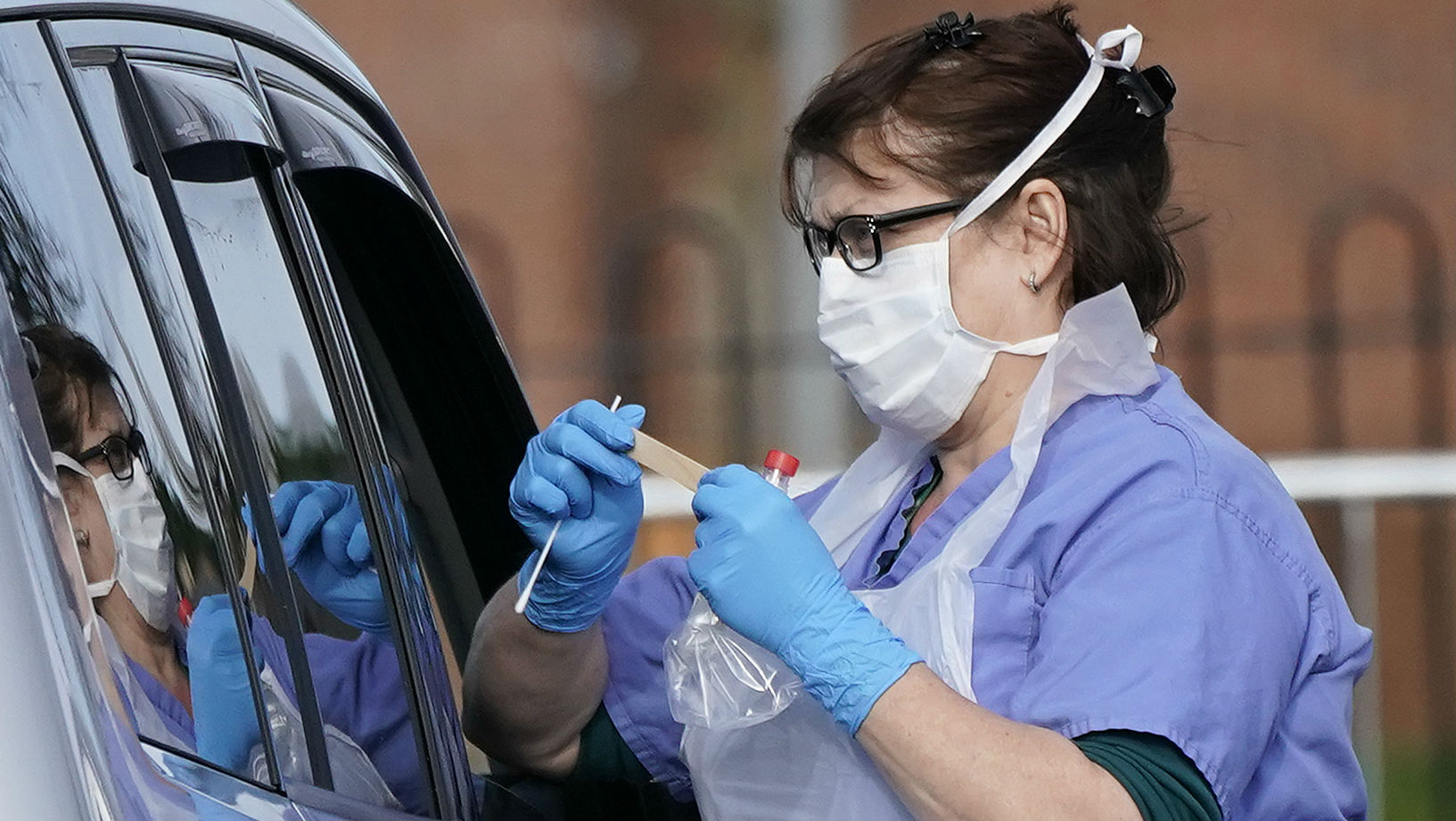‘Operation Moonshot’: Boris Johnson’s mass testing plan to cost ‘almost entire NHS budget’
Government programme billed as ‘only hope’ for avoiding second nationwide lockdown

A free daily email with the biggest news stories of the day – and the best features from TheWeek.com
You are now subscribed
Your newsletter sign-up was successful
Boris Johnson believes that a mass testing programme costing £100bn is “our only hope for avoiding a second national lockdown” before a coronavirus vaccine is developed, according to leaked government documents.
Memos seen by the British Medical Journal say that the prime minister’s “Operation Moonshot” plan will “support economic activity and a return to normal life” by delivering up to ten million tests a day - albeit at enormous cost.
As the Daily Mail reports, “the government currently spends £130bn on the NHS in England each year, so such a move would almost match the amount of funding pledged to the entire health service, which in itself represents some 20% of all public spending”.
The Week
Escape your echo chamber. Get the facts behind the news, plus analysis from multiple perspectives.

Sign up for The Week's Free Newsletters
From our morning news briefing to a weekly Good News Newsletter, get the best of The Week delivered directly to your inbox.
From our morning news briefing to a weekly Good News Newsletter, get the best of The Week delivered directly to your inbox.
That price tag does not seem to have deterred the PM, however.
Following his announcement yesterday of a blanket ban on social gatherings of more than six people, Johnson said the government was “working hard” to increase testing capacity to 500,000 a day by the end of October.
And he added that “in the near future”, testing might begin “to identify people who are negative - who don’t have coronavirus and who are not infectious - so we can allow them to behave in a more normal way, in the knowledge they cannot infect anyone else”.
“We believe that new types of test which are simple, quick and scalable will become available,” the PM told press at Downing Street’s daily briefing.
A free daily email with the biggest news stories of the day – and the best features from TheWeek.com
The Guardian reports that “if delivered, the Moonshot programme would be unprecedented in scale and, as reflected by its name, is considered by some officials to be at the outer level of possibility”.
Testing capacity currently stands at around 350,000 a day – 250,000 swabs and 100,000 antibody tests.
And as BBC health correspondent Nick Triggle points out, piloting of the new testing technologies has yet to be completed, and “millions of tests would then need to be manufactured and distributed”.
Dr Chaand Nagpaul, chair of the Council of the British Medical Association, said it was unclear how Operation Moonshot would work given the “huge problems” currently seen with lab capacity.
The proposal to open up society on the basis of negative tests should be also “approached with caution”, he added, pointing to high rates of false negatives.
Those concerns were echoed by Dr David Strain, a clinical senior lecturer at the University of Exeter and chair of the BMA’s Medical Academic Staff Committee. “The mass-testing strategy is fundamentally flawed” and is “being based on technology that does not, as yet, exist”, said Strain.
Those concerns were acknowledged by the government’s chief scientific adviser, Patrick Vallance, at the briefing yesterday. “There are, as always with technologies, unknowns,” he admitted. “We would be completely wrong to assume this is a slam dunk that can definitely happen.”